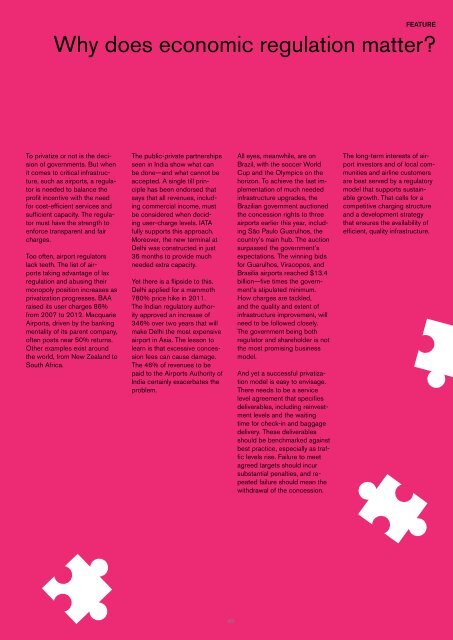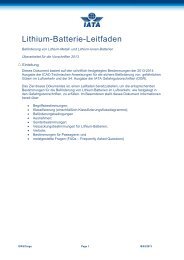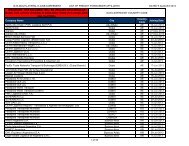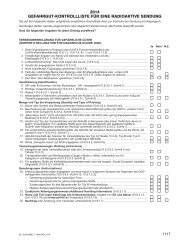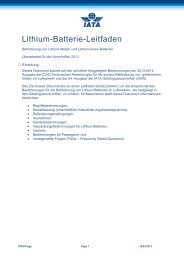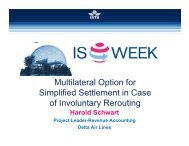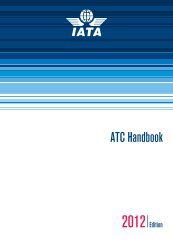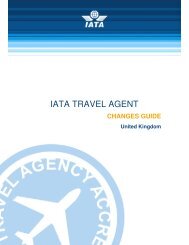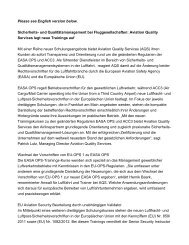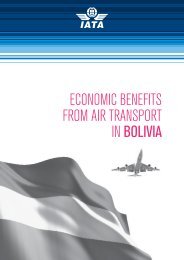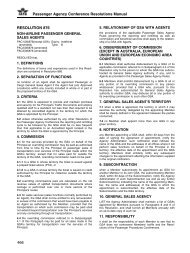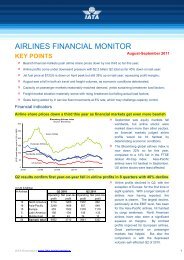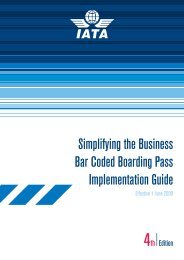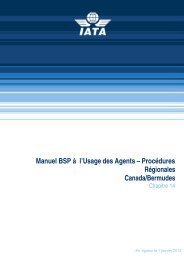You also want an ePaper? Increase the reach of your titles
YUMPU automatically turns print PDFs into web optimized ePapers that Google loves.
FEATURE<br />
Why does economic regulation matter?<br />
To privatize or not is the decision<br />
of governments. But when<br />
it comes to critical infrastructure,<br />
such as airports, a regulator<br />
is needed to balance the<br />
profit incentive with the need<br />
for cost-efficient services and<br />
sufficient capacity. The regulator<br />
must have the strength to<br />
enforce transparent and fair<br />
charges.<br />
Too often, airport regulators<br />
lack teeth. The list of airports<br />
taking advantage of lax<br />
regulation and abusing their<br />
monopoly position increases as<br />
privatization progresses. BAA<br />
raised its user charges 86%<br />
from 2007 to <strong>2012</strong>. Macquarie<br />
Airports, driven by the banking<br />
mentality of its parent company,<br />
often posts near 50% returns.<br />
Other examples exist around<br />
the world, from New Zealand to<br />
South Africa.<br />
The public-private partnerships<br />
seen in India show what can<br />
be done—and what cannot be<br />
accepted. A single till principle<br />
has been endorsed that<br />
says that all revenues, including<br />
commercial income, must<br />
be considered when deciding<br />
user-charge levels. <strong>IATA</strong><br />
fully supports this approach.<br />
Moreover, the new terminal at<br />
Delhi was constructed in just<br />
36 months to provide much<br />
needed extra capacity.<br />
Yet there is a flipside to this.<br />
Delhi applied for a mammoth<br />
780% price hike in 2011.<br />
The Indian regulatory authority<br />
approved an increase of<br />
346% over two years that will<br />
make Delhi the most expensive<br />
airport in Asia. The lesson to<br />
learn is that excessive concession<br />
fees can cause damage.<br />
The 46% of revenues to be<br />
paid to the Airports Authority of<br />
India certainly exacerbates the<br />
problem.<br />
# 45<br />
All eyes, meanwhile, are on<br />
Brazil, with the soccer World<br />
Cup and the Olympics on the<br />
horizon. To achieve the fast implementation<br />
of much needed<br />
infrastructure upgrades, the<br />
Brazilian government auctioned<br />
the concession rights to three<br />
airports earlier this year, including<br />
São Paulo Guarulhos, the<br />
country’s main hub. The auction<br />
surpassed the government’s<br />
expectations. The winning bids<br />
for Guarulhos, Viracopos, and<br />
Brasilia airports reached $13.4<br />
billion—five times the government’s<br />
stipulated minimum.<br />
How charges are tackled,<br />
and the quality and extent of<br />
infrastructure improvement, will<br />
need to be followed closely.<br />
The government being both<br />
regulator and shareholder is not<br />
the most promising business<br />
model.<br />
And yet a successful privatization<br />
model is easy to envisage.<br />
There needs to be a service<br />
level agreement that specifies<br />
deliverables, including reinvestment<br />
levels and the waiting<br />
time for check-in and baggage<br />
delivery. These deliverables<br />
should be benchmarked against<br />
best practice, especially as traffic<br />
levels rise. Failure to meet<br />
agreed targets should incur<br />
substantial penalties, and repeated<br />
failure should mean the<br />
withdrawal of the concession.<br />
The long-term interests of airport<br />
investors and of local communities<br />
and airline customers<br />
are best served by a regulatory<br />
model that supports sustainable<br />
growth. That calls for a<br />
competitive charging structure<br />
and a development strategy<br />
that ensures the availability of<br />
efficient, quality infrastructure.


